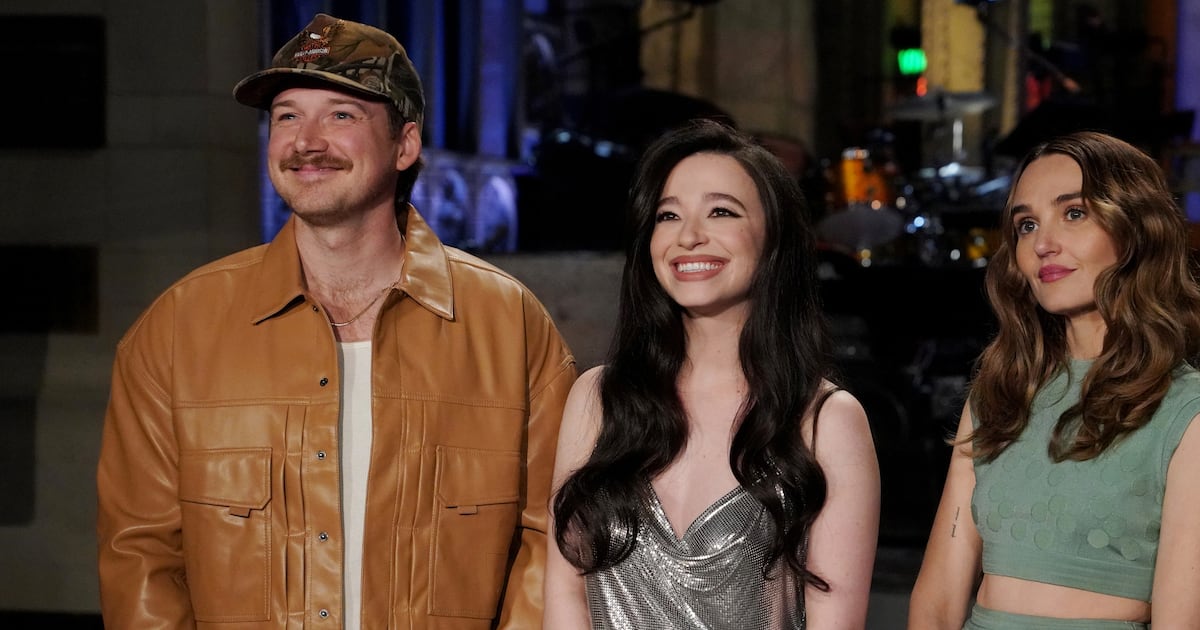Being a journalist at the Republican National Convention just days after an assassination attempt on Donald Trump is “like drinking out of a firehouse every day,” Geoff Bennett said of the chaos of newsgathering at a truly unprecedented time.
Bennett and Amna Nawaz are co-anchors of PBS News Hour. They and their team had just arrived in Milwaukee, where the RNC is taking place, when the news broke on Saturday of a shooting while Trump was speaking at a rally in Pennsylvania. “Not exactly the way we thought we’d be kicking off coverage at the RNC,” Nawaz told journalists at the Television Critics Association conference.
Like every news network, carefully laid coverage plans were scrapped and angles were redrafted following the weekend’s breaking news.
“We’re not afraid to change plans,” Nawaz said. “There were plans for taped pieces, for example, coming into the RNC about the kinds of narratives and stories we could be telling on the sidelines. Those plans were all in place. Those plans went out the window when the assassination attempt on former president Trump.”
The biggest shift she said is, obviously, the kinds of questions that will be asked of RNC attendees: “So one of the questions is how does this assassination attempt change the approach of this convention? The former president had said that he wanted to focus on unity. Well, what does that look like this week and beyond? That, of course, will be the real test.”
Bennett gave an overview of the extensive safety precautions and security that is in place in Milwaukee. He tried to go for a walk beyond what he called “the hardened security perimeter” surrounding the convention center and his hotel, but was unable to reach the edges of the fortified area.
“I remember in a previous professional life, the first time I had private security covering a presidential rally—this is, of course, for President Trump—and that was a fairly heady experience,” he said. “I will tell you presently, right now at the RNC, I feel safe.”
A growing concern both among audiences and in newsrooms is how to, as a matter of journalism, broadcast and give space to speeches, particularly from Trump, that peddle falsehoods, lies, and made up facts. Should networks fact-check these speeches in real time? And, if so, how would they go about doing that?
Nawaz pointed to PBS News Hour’s recent partnership with Politifact. “We as journalists always do the best that we can in the moment, particularly in live events which are the most challenging to fact-check in real-time,” she said. “What we did recently, not just with the presidential debate, what we'll be doing with future simulcasts of those debates and also as part of our coverage is continuously point people towards the real-time fact checking of the team over at Politifact as well.”
The network will, however, air all the speeches live, without interruption for fact-checking on air, in real time. “We will be covering the speeches here as they unfold in the same way we'll be covering the speeches at the DNC as they unfold, without having to interrupt every few minutes to do any potential real-time fact-checking,” Nawaz said. “I think we owe our audience the ability to just watch the speeches as they unfold, to take in the information, to seek out additional facts as they're able to and then embed it in all our reporting.”






